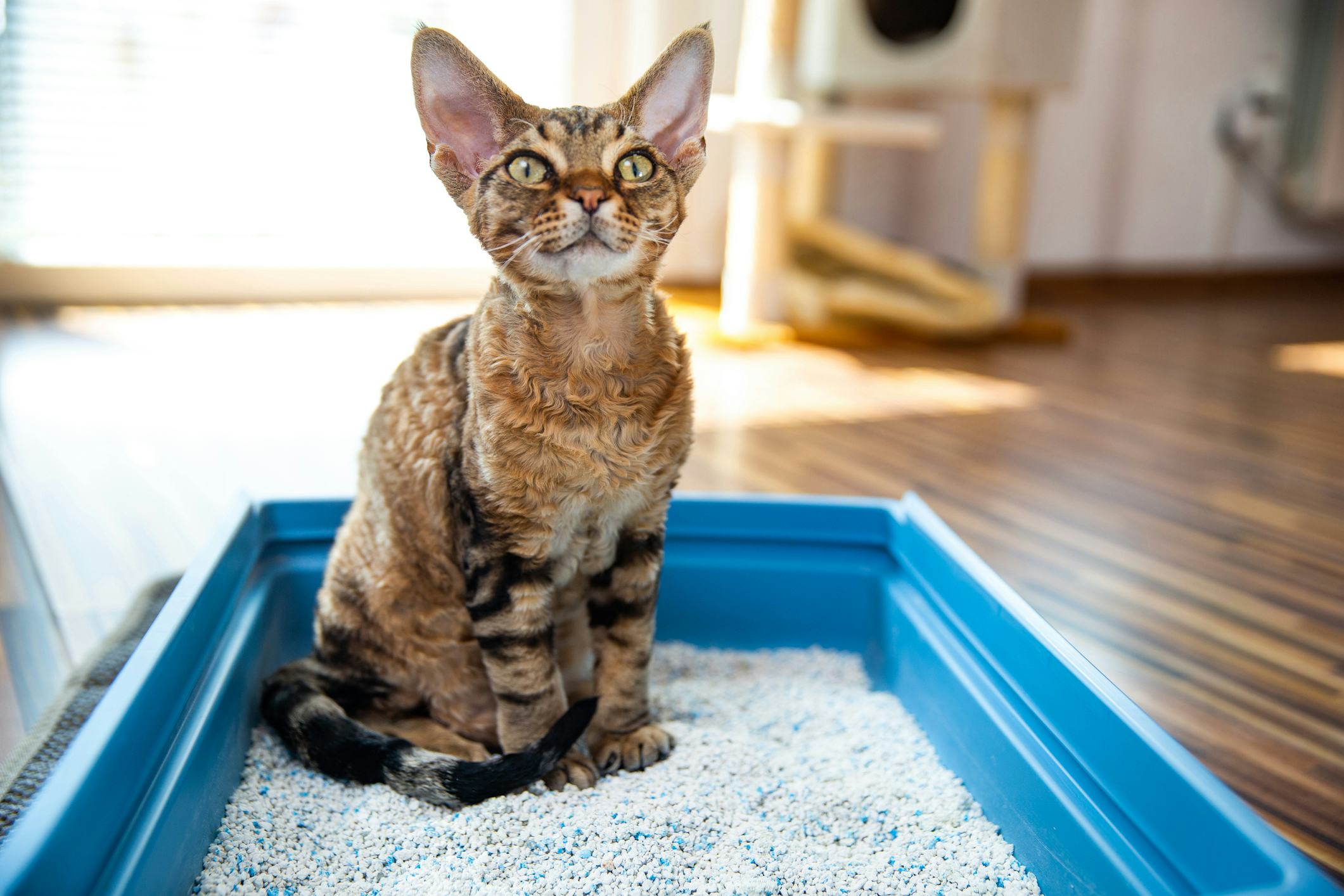Potential Issues of Flushing Cat Poop Down Your Toilet - Protect Your Plumbing
Potential Issues of Flushing Cat Poop Down Your Toilet - Protect Your Plumbing
Blog Article
Just how do you really feel in regards to Can You Flush Cat Poop Down The Toilet??

Introduction
As cat proprietors, it's necessary to be mindful of just how we throw away our feline good friends' waste. While it might appear practical to purge cat poop down the bathroom, this practice can have detrimental effects for both the atmosphere and human wellness.
Environmental Impact
Purging pet cat poop introduces hazardous virus and bloodsuckers right into the water system, presenting a significant risk to water communities. These contaminants can negatively influence marine life and compromise water top quality.
Health Risks
In addition to environmental problems, purging cat waste can likewise posture health and wellness dangers to people. Cat feces might have Toxoplasma gondii, a parasite that can cause toxoplasmosis-- a potentially serious health problem, specifically for expectant females and people with damaged body immune systems.
Alternatives to Flushing
The good news is, there are more secure and extra liable means to take care of pet cat poop. Think about the complying with alternatives:
1. Scoop and Dispose in Trash
The most common approach of getting rid of feline poop is to scoop it into a naturally degradable bag and throw it in the garbage. Make sure to use a dedicated litter scoop and throw away the waste without delay.
2. Usage Biodegradable Litter
Select biodegradable feline litter made from materials such as corn or wheat. These litters are environmentally friendly and can be securely dealt with in the garbage.
3. Hide in the Yard
If you have a yard, take into consideration hiding pet cat waste in a designated location away from vegetable gardens and water sources. Make sure to dig deep enough to stop contamination of groundwater.
4. Install a Pet Waste Disposal System
Invest in a pet dog waste disposal system especially designed for cat waste. These systems utilize enzymes to break down the waste, minimizing smell and environmental influence.
Final thought
Liable family pet possession extends beyond supplying food and shelter-- it likewise involves proper waste monitoring. By avoiding flushing pet cat poop down the bathroom and selecting alternative disposal techniques, we can minimize our environmental impact and safeguard human health and wellness.
Why You Should Never Flush Cat Poop Down the Toilet
A rose by any other name might smell as sweet, but not all poop is created equal. Toilets, and our sewage systems, are designed for human excrement, not animal waste. It might seem like it couldn’t hurt to toss cat feces into the loo, but it’s not a good idea to flush cat poop in the toilet.
First and foremost, assuming your cat uses a litter box, any waste is going to have litter on it. And even the smallest amount of litter can wreak havoc on plumbing.
Over time, small amounts build up, filling up your septic system. Most litter sold today is clumping; it is made from a type of clay that hardens when it gets wet. Ever tried to scrape old clumps from the bottom of a litter box? You know just how cement-hard it can get!
Now imagine just a small clump of that stuck in your pipes. A simple de-clogger like Drano isn’t going to cut it. And that means it’s going to cost you big time to fix it.
Parasitic Contamination
Believe it or not, your healthy kitty may be harboring a nasty parasite. Only cats excrete Toxoplasma in their feces. Yet it rarely causes serious health issues in the cats that are infected. Most people will be fine too if infected. Only pregnant women and people with compromised immune systems are at risk. (If you’ve ever heard how women who are expecting are excused from litter cleaning duty, Toxoplasma is why.)
But other animals may have a problem if infected with the parasite. And human water treatment systems aren’t designed to handle it. As a result, the systems don’t remove the parasite before discharging wastewater into local waterways. Fish, shellfish, and other marine life — otters in particular — are susceptible to toxoplasma. If exposed, most will end up with brain damage and many will die.
Depending on the species of fish, they may end up on someone’s fish hook and, ultimately on someone’s dinner plate. If that someone has a chronic illness, they’re at risk.
Skip the Toilet Training
We know there are folks out there who like to toilet train their cats. And we give them props, it takes a lot of work. But thanks to the toxoplasma, it’s not a good idea.

Do you really like reading about How to Dispose of Cat Poop and Litter Without Plastic Bags? Write feedback directly below. We would be glad to listen to your ideas about this entry. We hope to see you back again in the near future. Make sure you take a moment to distribute this blog if you enjoyed it. Thanks a lot for your time. Visit again soon.
Book Your Appointment Report this page